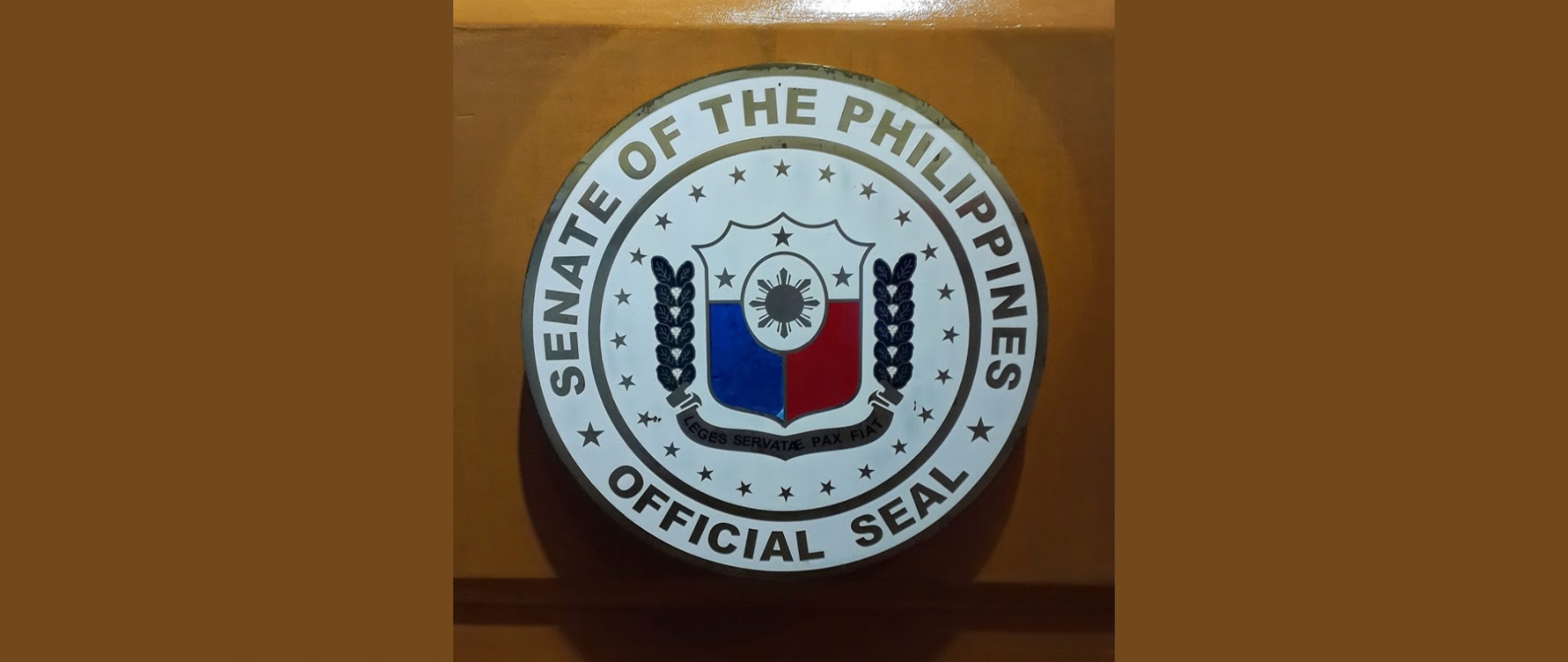SENATE RECOMMENDS P20-M HAZING PENALTY
THE SENATE Committees on Justice and Human Rights and Public Order and Dangerous Drugs recommended a P20-million penalty on any fraternity, sorority, or similar organization if death or physical injury results from its initiation activities.
THE SENATE Committees on Justice and Human Rights and Public Order and Dangerous Drugs recommended a P20-million penalty on any fraternity, sorority, or similar organization if death or physical injury results from its initiation activities.
The recommendation was the result of the investigation on the death of Adamson student John Matthew Salilig, who was found in a shallow grave in Cavite after hazing rites conducted by Tau Gamma Phi fraternity members in Laguna.
In Senate Committee Report 92, the joint panel pushed for amendments to the Anti-Hazing Law of 2018 to make fraternities, sororities, and similar organizations liable for any death or physical injuries from their initiation activities.
The organizations shall also shoulder the litigation fees of the victims’ families.
“Any death or physical injury brought about by the initiation activities of a fraternity, sorority, or any similar organization will also cause the automatic cancellation of the organization’s SEC certificate of registration, and the corresponding declaration of the group as an illegal organization, making its founders, officers, and members punishable under the law,” the report said.
The panel also recommended that fraternities, sororities, and similar organizations, whether school-based or not, shall be required to register each of their local chapters, including the list of their officers and members in that chapter, to the local police station that has jurisdiction over their locality.
The same list shall be collected by the Philippine National Police in a national database of fraternity and sorority membership nationwide.
The report also stated that the failure or refusal of the organization to comply with the same requirement would be prima facie presumption of the organization’s illegal activities.
“For the longest time, the policy on hazing has been focused on penalizing the individuals who take part in the actual beating/hazing of a neophyte during the initiation rites of a fraternity, sorority, or other similar organization,” it stressed.
“While RA 8049 and RA 11053 did not shy away from imposing heavy punishment on those who inflict harm, even imposing liability on the school officials, and barangay, municipal, or city officials, both laws however, have inadvertently missed to include in the consideration of penalties the third, but most important, personality in every hazing-related death—the fraternity, sorority, or organization itself,” added.














